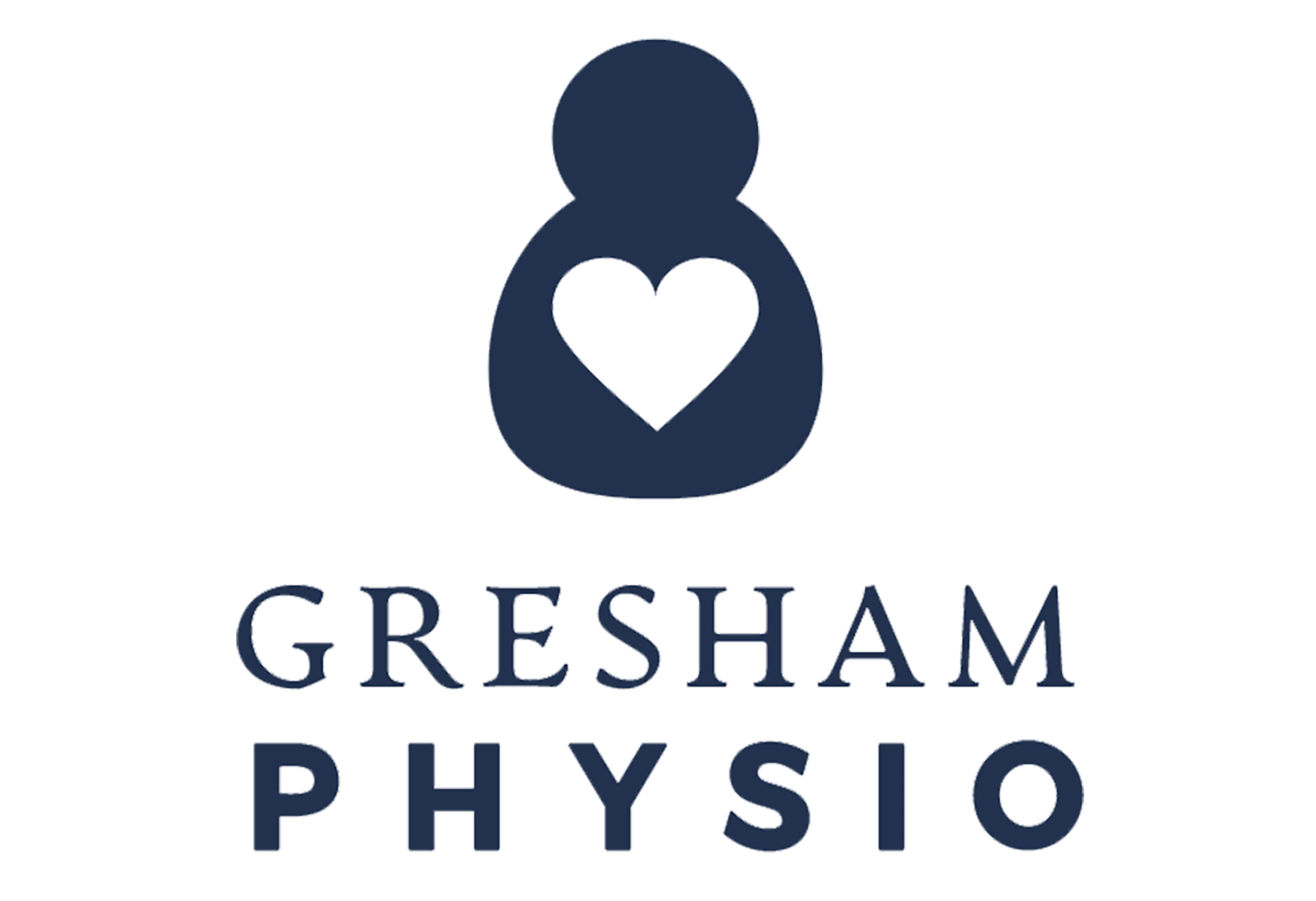Physical therapy offers several benefits that can significantly improve an individual’s quality of life. Here are some key advantages of physical therapy:
1. Pain Reduction: Physical therapy helps in alleviating pain, whether it’s due to an injury, chronic condition, or surgery. Therapists employ various techniques such as manual therapy, therapeutic exercises, heat/cold therapy, electrical stimulation, and ultrasound to reduce pain, enhance mobility, and promote healing.
2. Improved Mobility and Function: Physical therapy aims to restore and enhance an individual’s mobility, range of motion, and physical function. Therapists devise customized treatment plans that address specific limitations and target strengthening weak muscles, improving balance, coordination, and flexibility. This allows individuals to regain their independence and perform daily activities with greater ease.
3. Faster Recovery from Injuries and Surgeries: Physical therapy is an integral part of the rehabilitation process after injuries or surgeries. Therapists work closely with patients to develop tailored programs that promote tissue healing, restore strength, and regain functional abilities. By following a structured rehabilitation plan, individuals can recover more efficiently and return to their normal activities sooner.
4. Management of Chronic Conditions: Physical therapy can play a vital role in managing chronic conditions such as arthritis, back pain, osteoporosis, fibromyalgia, and cardiovascular diseases. Through exercises, pain management techniques, and lifestyle modifications, physical therapy helps individuals reduce symptoms, improve functional abilities, and enhance overall well-being.
5. Fall Prevention and Balance Improvement: Falls can be particularly dangerous, especially for older adults. Physical therapy focuses on enhancing balance, gait training, and improving proprioception to reduce the risk of falls. Therapists assess the individual’s specific needs and develop targeted interventions to increase stability, strength, and confidence during movement.
6. Enhanced Sports Performance: Physical therapists work with athletes to enhance their sports performance, prevent injuries, and aid in rehabilitation after sports-related injuries. They develop specialized exercise programs to improve strength, flexibility, agility, and endurance. Physical therapy also includes sport-specific training and techniques to optimize performance and prevent future injuries.
7. Education and Lifestyle Modification: Physical therapists educate individuals about their condition, injury prevention, and techniques for self-management. They provide guidance on proper body mechanics, ergonomics, and posture correction to minimize strain on the body. This empowers individuals to take an active role in their own well-being and make healthier lifestyle choices.
8. Mental and Emotional Well-being: Physical therapy can have positive effects on mental and emotional well-being. Regular exercise and physical activity stimulate the release of endorphins, which are natural mood enhancers. Moreover, physical therapists often provide emotional support, motivation, and guidance, which can boost confidence and improve overall psychological outlook.
Overall, physical therapy helps individuals optimize their physical function, alleviate pain, and improve overall quality of life. By focusing on personalized treatment plans and holistic care, physical therapists empower individuals to reach their maximum potential and live life to the fullest.




